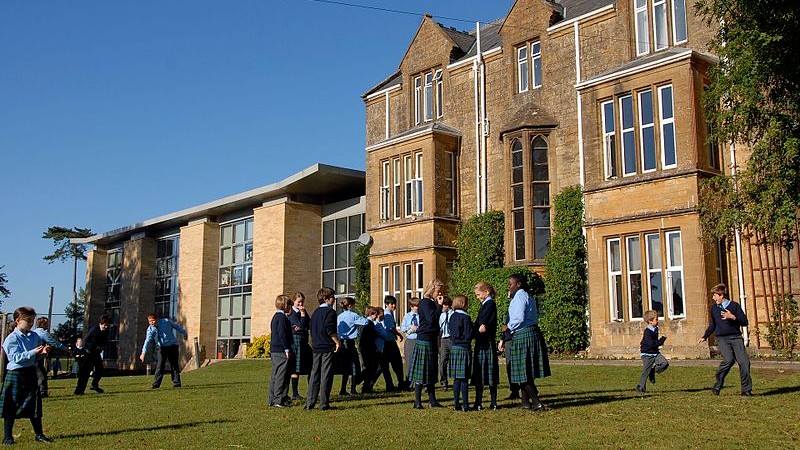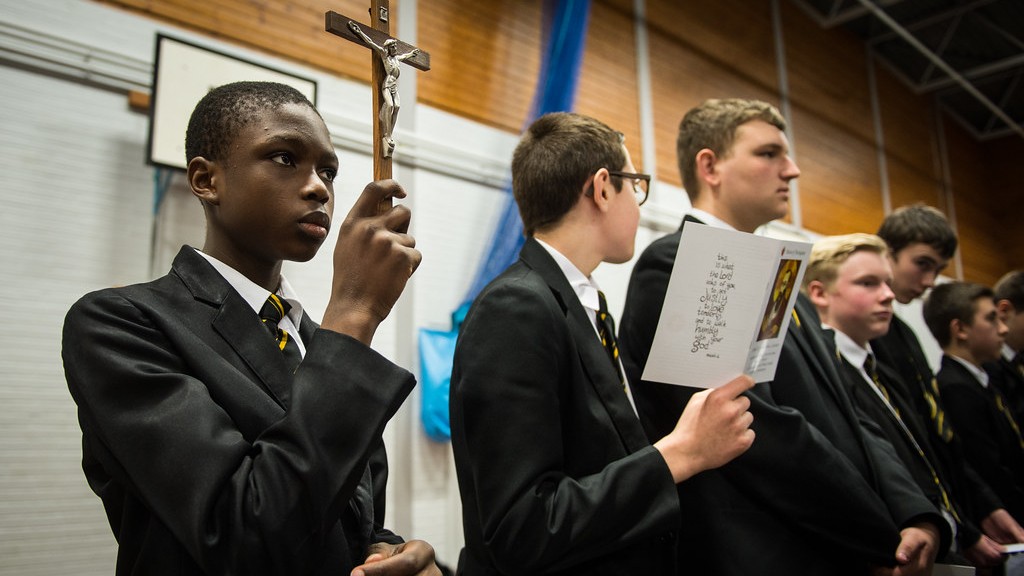Religious Schools Face Another Hurdle After Winning Supreme Court Case
A loophole in the ruling allowing taxpayer dollars to follow students in religious schools may still prohibit families from doing so.

Last week, the Supreme court ruled that religious private schools are eligible to receive students who receive tuition assistance grants from the government if no public schools are available in the town. While some applauded this decision, others decried it as a violation of the separation of church and state. Regardless, the matter has been settled which now leads to the next issue that this situation presents, that schools funded with taxpayer dollars must comply with Department of Education rules and regulations that include protections for LGBTQ+ students.
While religious schools can now receive students who choose to attend their schools under government tuition assistance programs — often offered when public schools in the area lose accreditation — they may be subject to certain federal regulations. The Biden Administration has already begun to push identity politics in schools. It supports child sex changes and allowing biological males into female spaces (despite a national case where a male student was convicted of raping a female student in a school bathroom). Its push for “equity” and “diversity” is expanding government control in schools and focusing on data over individual student needs.
Government grants are already being awarded based on furthering “equity” in the classroom, and the Biden Administration is now seeking to change Title IX to offer LGBTQ+ students expanded protections. Instead of ensuing fair investigations and trials of harassment or sexual assault allegations, these changes would remove requirements for a traditional trial and witness cross-examinations. While this may seem unrelated to religious schools, under the new Title IX stipulations schools, and especially institutions that receive government funding must comply.
Many religious schools oppose child sex changes. They see them as an affront on biology and humanity’s purpose. They also do not often support allowing students of the opposite sex to share bathrooms, but these private institutions may be legally required to change their stances to accommodate LGBTQ+ students who enter their facilities, should they accept federally funded tuition reimbursement.
Whether any LGBTQ+ students will apply to these religious private schools knowing how they view the movement is uncertain. What is known is that the possibility is there and schools will have to prepare accordingly. In addition, LGBTQ+ studies are being pressed onto schools at such a rate that if The Biden Administration forces through proposed mandatory drag queen story hour, or other gender questioning material, schools receiving any government funding will be beholden to that criteria.
Although many religious Americans celebrated the recent Supreme Court ruling, in truth, the reality of it is far more complex than just allowing taxpayer dollars to help students switch to religious private schools. There are plenty of U.S. citizens who oppose the use of their taxes to pay for private school tuition. Some even consider it a new power grab which will draw private schools into the crumbling public education system.

For now, the ruling stands. Students and parents will exercise their freedoms and choose the schools they deem appropriate. If Title IX is expanded and LGBTQ+ students wish to apply, changes may be forced onto these religious schools, but to what extent and how depends on each situation.



